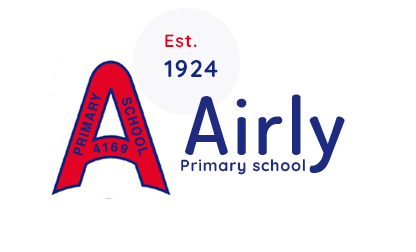Wellbeing
Airly Primary School
U R ACE and Think Like a GEM
Wellbeing can be defined as good mental health and at Airly, we see that as a pre-curser to learning.
We use a range of supports to develop mental health including:
- Partnership with The Resilience Project’s Education Program which aims to inspire resilience and develop strong mental health. The program uses evidence-based strategies centred around GEM: Gratitude, Empathy and Mindfulness.
The Resilience project was developed by Hugh Van Cuylenburg after spending some time in India teaching in a poor, rural community in 2008. He discovered: “despite the fact these people had very little to call their own, I was continually blown away by how happy they were. In a nutshell, I learnt in this desert village that practicing gratitude, empathy (compassion) and mindfulness leads us to a happier more fulfilling experience.” – Hugh van Cuylenburg
- School Wide Positive Behaviour Support, SWPBS, is a preventative process where values are explicitly taught, expected and rewarded. Students with extra behavioural needs are given extra interventions as needed. Our school values are Respect, Attitude, Cooperation and Environment. Students are rewarded with ACE cards for displaying those values and each morning an ACE student is drawn from those cards. They earn special privileges including ringing the bell and sitting in a special ACE chair.
- Healthy eating – we are aware that diet has an effect on behaviour and have a kitchen garden program to give students experience in growing and eating new or healthy foods. We also have a Breakfast Club that offers fruit, juices and healthy food for breakfast, lunch and home as needed.
- School cat – Georgie is our staff and student support cat who is the gentlest of animals and just loves a cuddle.
- Child Safe Standards. In 2022, the Victorian Government introduced the new Child Safe Standards which build on existing child safety strategies, policies and practices to strengthen their culture of child safety and protect children from abuse.
